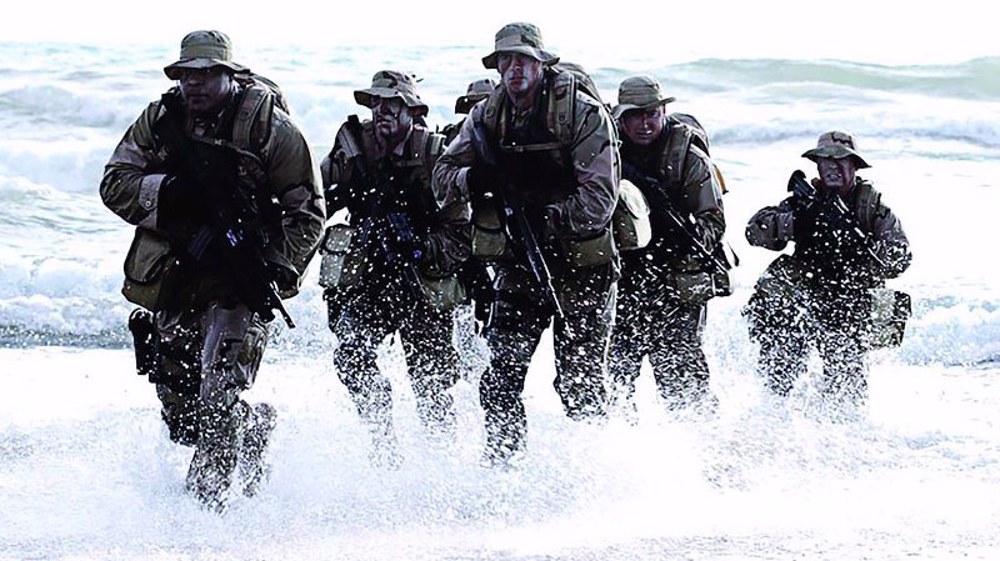
The United States Navy (USN) will begin for the first time randomly testing SEALs and special warfare troops for steroids and other Performance Enhancing Drugs (PEDs), officials say, well more than a year after the death of a trainee.
The US Naval Special Warfare Command will start from November 1 random urinalysis testing for PEDs, Rear Adm. Keith Davids, head of Naval Special Warfare Command, wrote in a forcewide message issued on Friday.
“The unauthorized and unsupervised use of PEDs is what we are trying to identify and prevent. Nevertheless, we realize that some of our teammates may have legitimate medical conditions that need to be treated with prescription supplementation. If that is the case, we encourage our teammates, who haven’t already, to speak with their medical providers to get diagnosed and properly treated,” he said.
Navy SEALs, Army's Delta Force, Green Berets and Ranger Regiment are among the largest and best known American Special Forces within the US Army and Navy, which are often called to perform the military's most sensitive and dangerous missions that pose physical and mental challenges. The pressures of such risky missions prompt some of these forces to use PEDs, although officials claim that the numbers are small.
The new testing policy comes after SEAL trainee Seaman Kyle Mullen lost his life in February last year. A command investigation into his death following “Hell Week” training raised questions regarding the use and prevalence of steroids and other PEDs among trainees and the wider SEAL force and special-warfare combatant crew (SWCC).
“This incremental, random force-wide testing initiative is far more than a regulatory step—it’s a steadfast commitment to the health, safety, and operational readiness of every member of the NSW community,” Davids added.
According to the service, the command, on a monthly basis, will randomly select units to participate in the testing, and 15 percent of those units will undergo urinalysis.





Leave a Reply